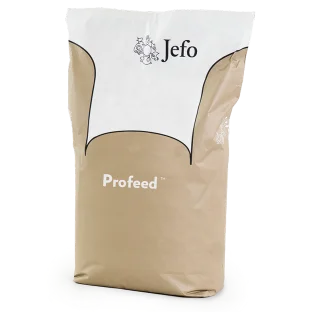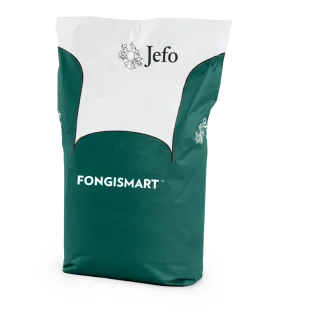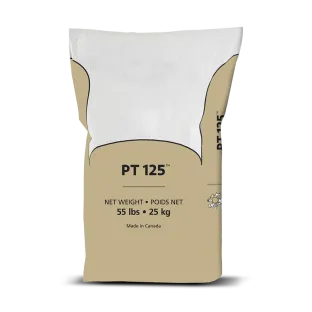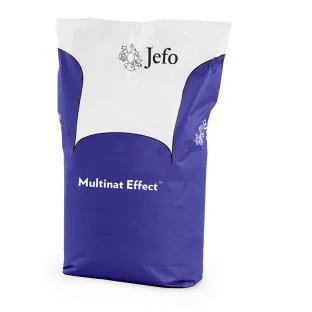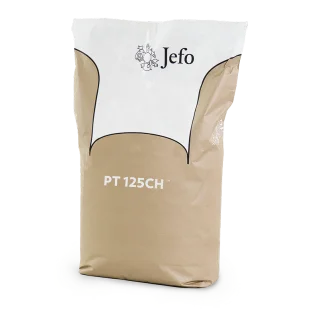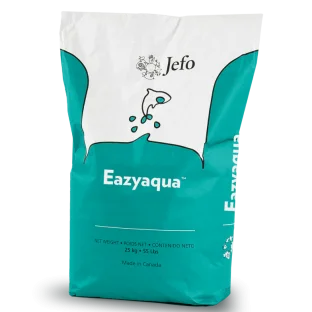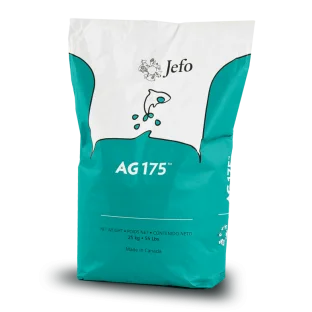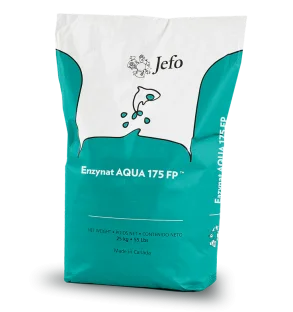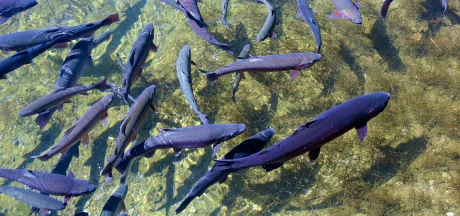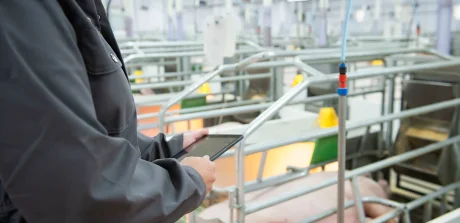- Article
- Aquaculture
- Feed efficiency
- Digestibility
- Feed cost
- Performance
- Gut integrity
Revolutionizing Aquaculture: How Enzymes are Driving Success in a High-Cost Era
With the high costs of raw materials, specially fishmeal and fish oil, the aquafeed industry is grappling with unprecedented cost pressures. But there’s hope on the horizon. Enzymes are emerging as powerful allies in addressing these challenges. Focusing on this topic, AquaFeed.com launched a groundbreaking series, featuring expert insights from Jefo Aquaculture’s Hervé Lucien-Brun and Kurt Servin, who are helping shape the future of sustainable aquaculture.
Unlocking the potential of enzymes in aquaculture
Fishmeal has long been the cornerstone of aquaculture feeds, favored for its reliability and nutritional value. However, as Hervé Lucien-Brun notes, "In Latin America, fishmeal inclusion in shrimp feeds ranges from 5–15%, while in Southeast Asia, it can reach up to 30%."
But is it time to rethink tradition? Enzymes offer a compelling alternative. As Kurt Servin explains, "Strategic enzyme use can revolutionize aquafeeds. Trials consistently demonstrate that exogenous enzymes enhance the performance of protein sources, delivering benefits that go far beyond cost savings."
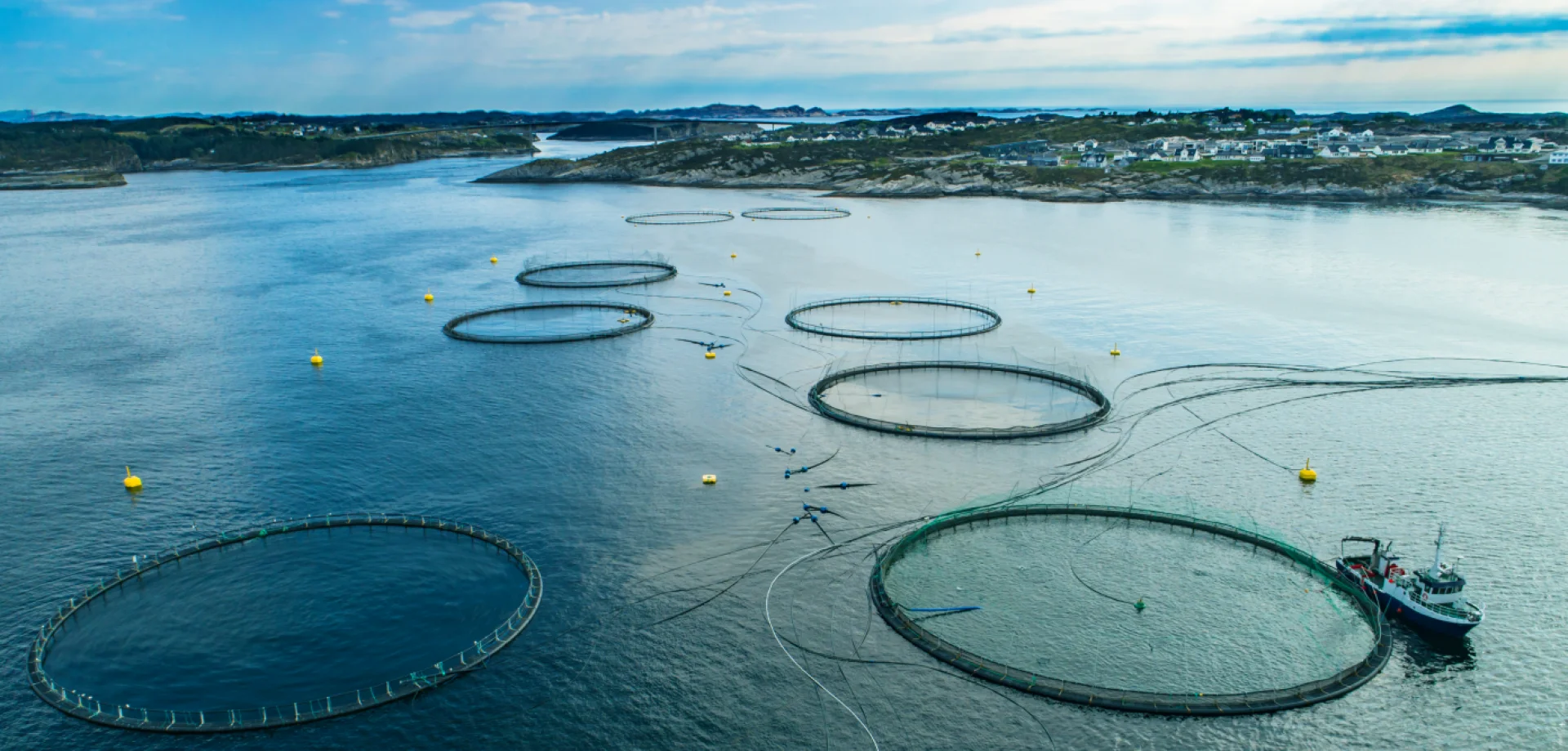
The enzymatic edge
Why should the aquafeed industry pivot toward enzymes? The advantages are clear:
- Enhanced digestibility: enzymes break down complex feed components, making nutrients more bioavailable.
- Boosted amino acids: they facilitate the release release and subsequent absorption of amino acids, essential for optimal growth and health.
- Improved gut health: enzymes promote a healthier digestive environment, reducing stress and supporting overall well-being.
- Cost efficiency: while feed savings are substantial, the long-term gains in performance and sustainability offer even greater value.
Stay informed. Stay ahead.
In an era of mounting cost pressures, enzymes are proving to be more than a supplement—they’re a strategic solution. Want to explore this game-changing approach? Read the full article now at AquaFeed.com.
